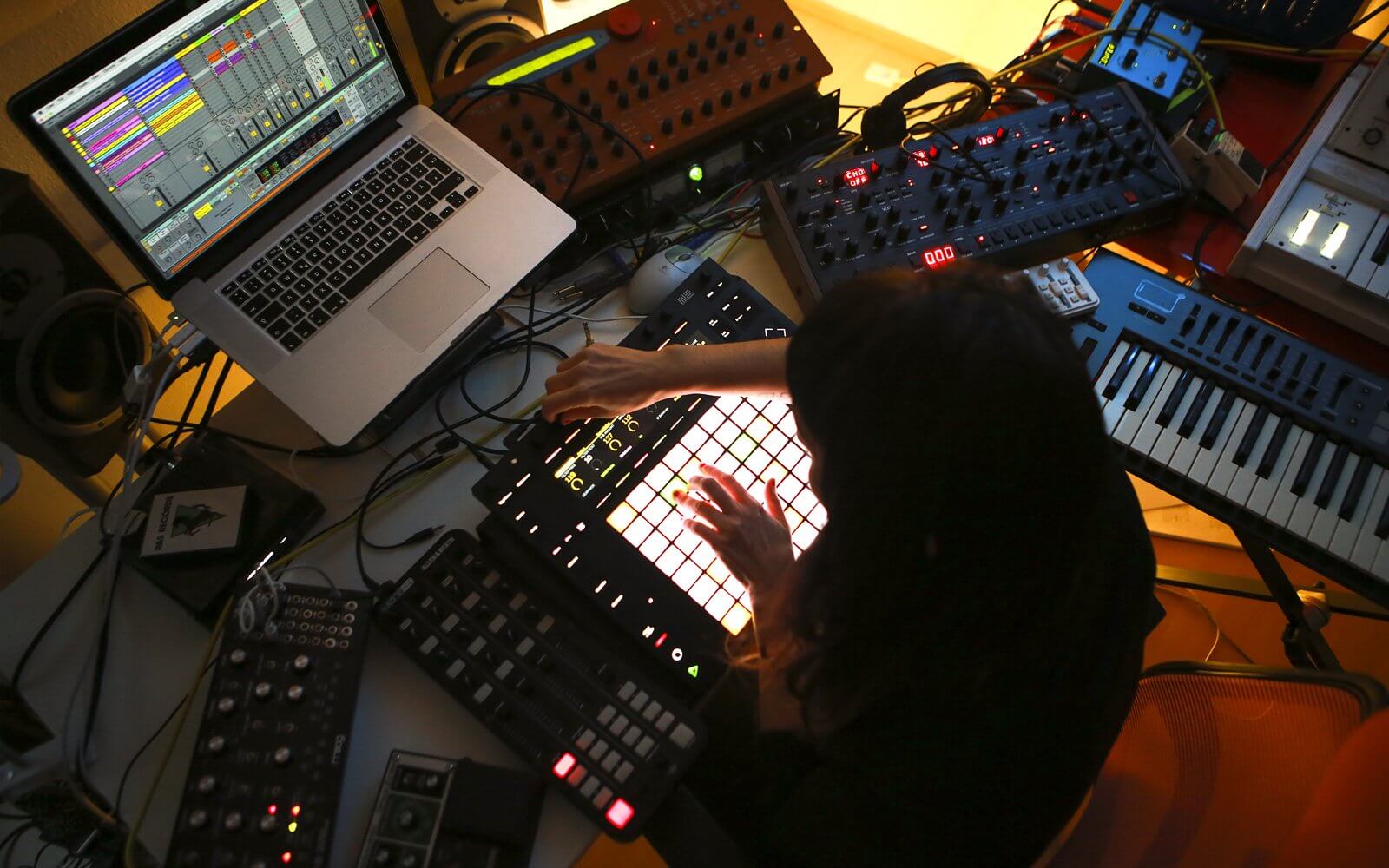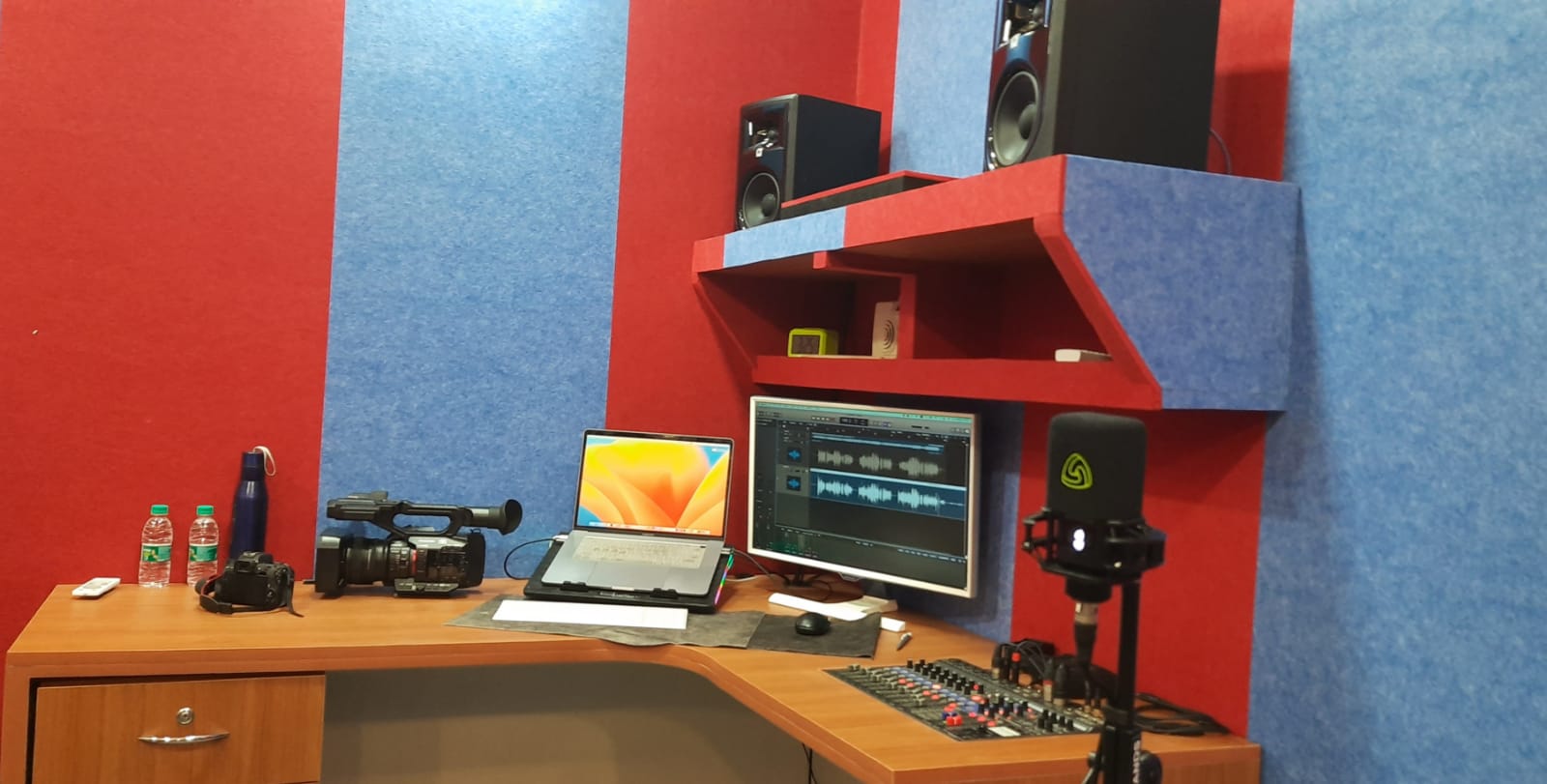What is digital music production?
Digital music production refers to the process of creating, recording, editing, and producing music using electronic devices and software rather than traditional analog equipment. It has become the standard method of music production in the modern era, thanks to advances in technology. Here are some key aspects of digital music production:
- Digital Audio Workstations (DAWs): DAWs are software applications that serve as the central hub for music production. They provide a user interface for recording, editing, arranging, and mixing audio and MIDI (Musical Instrument Digital Interface) tracks. Some popular DAWs include Ableton Live, Logic Pro, Pro Tools, and FL Studio.
- MIDI: MIDI is a protocol that allows electronic musical instruments, computers, and other devices to communicate with each other. It’s used for recording and playing back virtual instruments, controlling hardware synthesizers, and creating automation in DAWs.
- Virtual Instruments: Digital music production often involves the use of virtual instruments, such as software synthesizers, samplers, and drum machines. These instruments can emulate the sounds of traditional instruments or create entirely new and unique sounds.
- Audio Recording: Digital audio interfaces allow musicians to connect instruments and microphones to a computer for recording. These interfaces convert analog audio signals into digital data that can be manipulated in a DAW.
- Sample Editing: Digital music production allows for precise editing of audio samples, including cutting, copying, pasting, and time-stretching. This is essential for creating polished and professional-sounding tracks.
- Effects Processing: DAWs offer a wide range of audio effects, such as reverb, delay, EQ (equalization), compression, and more. These effects can be applied to individual tracks or the overall mix to shape the sound of the music.
- Arrangement and Composition: Digital music production makes it easy to arrange and compose music by moving and editing MIDI and audio clips in a visual timeline. Musicians can experiment with different arrangements and structures quickly.
- Mixing and Mastering: Mixing involves adjusting the levels, panning, and applying effects to individual tracks to create a balanced and cohesive sound. Mastering is the final step, where the entire mix is processed to ensure it sounds its best on various playback systems.
- Collaboration and Distribution: Digital music can be easily shared and collaborated on online, allowing musicians from around the world to work together. Once a track is completed, it can be distributed through digital platforms like streaming services and online stores.
- Flexibility and Experimentation: Digital music production offers a high degree of flexibility and experimentation. Musicians can try out different sounds, arrangements, and ideas without the constraints of physical equipment.
Digital music production has democratized the music-making process, making it more accessible to a broader range of artists and producers. It has also revolutionized the music industry by changing how music is recorded, edited, distributed, and consumed.




